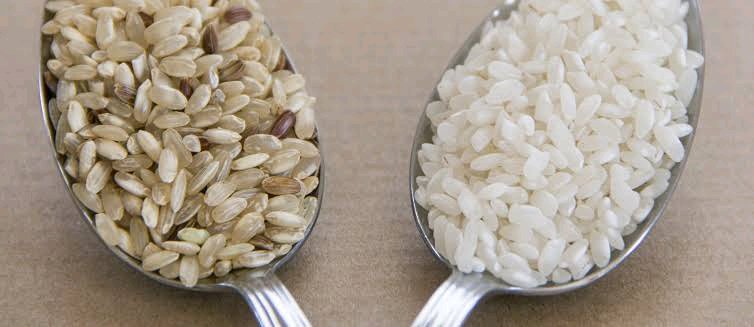Dangers/ Risks skipping breakfast poses to the body
Food and eating is a vital part of human life which helps to supply the body with the required nutrients for proper functioning. While humans often eat several times a day, three types of meals are often recognised and these are breakfast, lunch, and dinner. While the three helps to keep the body going, breakfast seems to be the most important meal of the day because it comes after an extended period of fasting that typically takes place every night, helping to wake the body’s metabolism mechanism up and helping to set the tone for bodily functions for the day.

As much as breakfast has been touted to be of great health benefits, many often skip this essential meal due to various reasons, with many often opting to skip it because they don’t usually feel hungry in the morning. Others, however, often skip breakfast due to their busy schedule which doesn’t allow them to fix something for themselves in the morning, or because they seem to be at their optimal best in terms of concentration and focus when they don’t eat in the morning. What is obvious is that such people are not only missing the benefits that breakfast provides, but are also exposing themselves to certain risks.

While the benefits of taking breakfast are well documented and are said to include improvement of energy levels, weight management, reduced risk of type 2 diabetes, and reduced risk of heart disease; when it is skipped, that decision could have certain undesirable effects on the short and long term functioning of the body, and these possible side effects of skipping breakfast would be the focus of this writeup as we examine a few risks that skipping breakfast poses to the body.
1. Increased risk for diseases
When you skip breakfast, what you are invariably doing to your body is making it more vulnerable to many diseases, including Type 2 diabetes, heart attacks, hypertension, and obesity due to insulin resistance.
2. Drop in blood sugar levels
Skipping breakfast would also affect your blood sugar levels in adverse ways. This is because by skipping breakfast, your body is unable to restore glycogen which can help in stabilising insulin levels, thereby making you easily hungry and weak, and can even adversely affect your mood.

3. Increase in stress hormone levels
The body’s primary stress hormone called cortisol is linked to several health challenges including weight gain, muscle weakness, acne, easy bruising, and even anxiety. One of the effective ways of bringing down cortisol levels in the body is by eating breakfast, so, whenever you skip breakfast, you are only increasing its level in your body.
4. Increased acidity levels
The gastrointestinal tract contains certain acids which help in aiding the process of digestion. However, when you skip breakfast, thereby preventing these acids from getting access to foods, they will increase in the walls of the stomach and other areas of the body such as the food pipe and heart, thereby spiking acidity levels in the body.
5. Headaches and dizziness

When the supply of glucose to the brain is reduced or temporarily cut off, its consequence would be a decreased functioning of the brain cells and two major symptoms of this are headaches and dizziness. This, therefore, means you should always eat breakfast to fuel your brain with its nutrient requirements.








